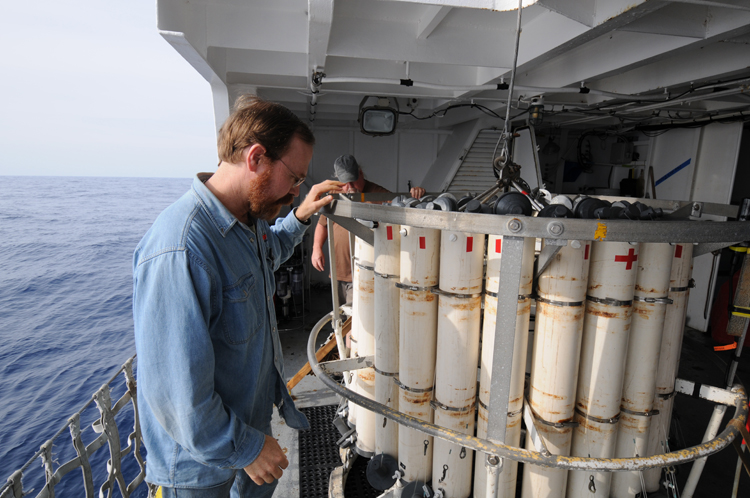Radioactive tuna found off Californian coast


Sorry, Charlie, you're radioactive. A bluefin tuna contaminated by Japan's Fukushima Daiichi nuclear disaster was caught off the Pacific coast of the United States.
News of the discovery was published today by the National Academy of Sciences, the Associated Press's Alicia Chang reported today. The tuna registered 10 times the level of radioactive cesium that's normal in fish off the California coast, but was still within safe-to-eat limits.
There's a 6,000-mile buffer between West coast of the United States and Japan, but a bluefin tuna can travel vast distances. Tagged fish have been known to travel nearly 5,000 miles in a little over 100 days.
There was an unprecedented release of radioactivity into the Pacific Ocean from the Fukushima nuclear disaster in the days following the disaster. However, scientists say that the radiation poses no direct exposure threat to people, but have caution that the accumulated fallout lying in sediment is a potential danger for decades to come.
The findings were published in a report, "Impacts of the Fukushima Nuclear Power Plants on Marine Radioactivity," in December 2011. Levels of cesium and iodine peaked a month after the core meltdowns when seawater used to cool the reactors and spent fuel rods was pumped out of the facility into the nearby ocean.
Levels of radioactive cesium peaked at 50 million times normal levels, becoming the largest accidental release of radiation into the ocean in history. The concentrations of cesium offshore were much higher than those measured in the ocean after the Chernobyl accident 25 years ago.
However, unlike Chernobyl, ocean mixing processes "rapidly diluted" radiation off the Northwest coast of Japan.
(Photo credit: Woods Hole Oceanographic Institution)
Related on SmartPlanet:
- What the NRC really knew about Fukushima
- Fukushima ocean radiation could pose sleeper threat
- Nuclear meltdowns nearly made northern Japan uninhabitable
- Do we need to worry about radiation in our milk?
- Elevated radiation levels widespread in eastern Japan
- Test show Japanese child exposed to radiation
- Rice crops threatened by radiation
This post was originally published on Smartplanet.com